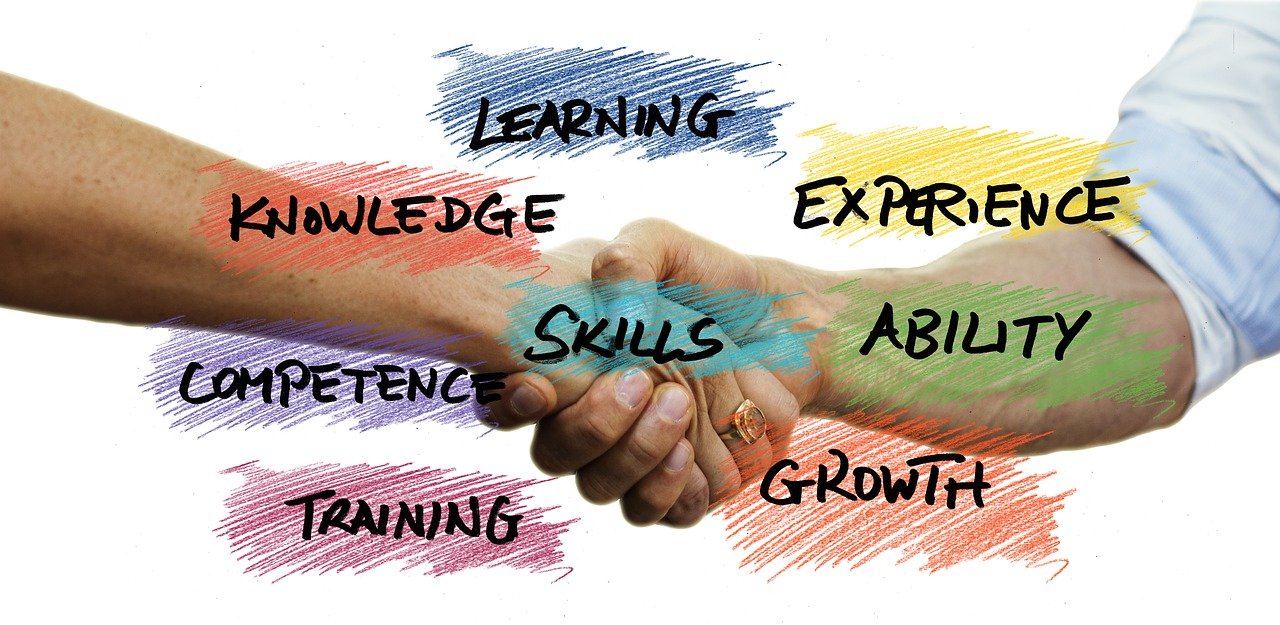The General Course offers an invaluable resource in its network of students, alumni, and other connections made through a year abroad at LSE. But how can a General Course student actually tap into this resource?
Thankfully, the programme is well-equipped to support students through this process. General Course Edge is a week-long career development series that invites a diverse set of General Course alumni to speak about their career trajectory and give advice on taking advantage of the programme in their professional and graduate plans. This year’s agenda included the following panels:
Inaugural Panel: Getting an ‘Edge’ in Your Career
Early Career Development
Pursuing Graduate Study
CV Workshop hosted by LSE Careers
Careers in International Organisations & NGOs
Introduction to LSE Generate (LSE’s Entrepreneurship Programme)
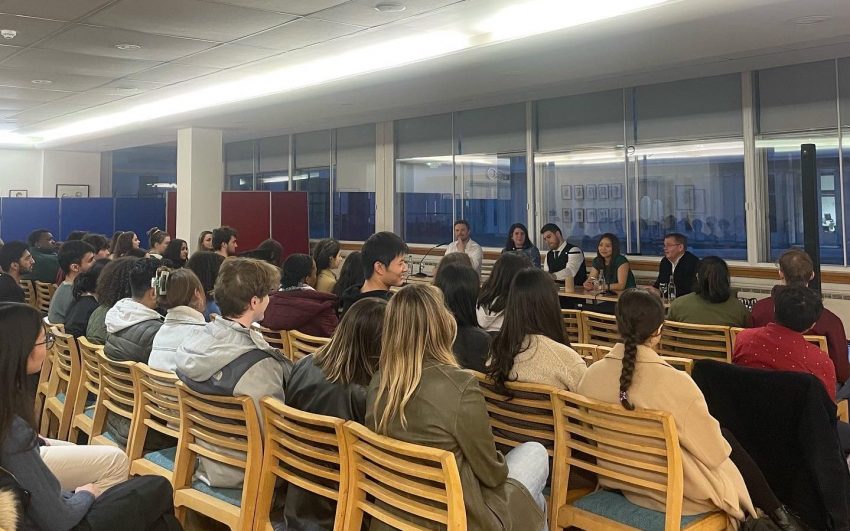
Although all the panellists have such different perspectives and career paths, there were a few key themes:
The Importance of Marketing Yourself
Since the supply of labour is now nearly global with the hybrid work environment, it is essential to market yourself successfully over potential competitors. As Inaugural panellist Dennis Layton, a Senior Advisor at McKinsey, put it: this is about communicating your impact. What you already do is more important than who you will become.
This may seem difficult since we are just students who have limited real-world experience. However, the panellists recommended thinking about what your mission and values are, how it aligns to your personality, and how your existing skills apply to the industry that you are interested in. For instance, students can demonstrate quantitative skills with their rigorous mathematics courses. Beyond academics, extracurriculars—including LSE societies, campus jobs, or talks that you have attended—can show your interests and passions, especially if there is a common theme with your coursework or consistency across time.
Early on in your career, it matters less about finding the right industry or job. Rather, you should focus on developing transferable skills, which you can then apply to other roles in the future. For instance, Early Career Development panellist Smriti Ahuja, became involved in governmental affairs in Washington, D.C., which she took to the private sector for the London-based pharmaceutical company GSK.
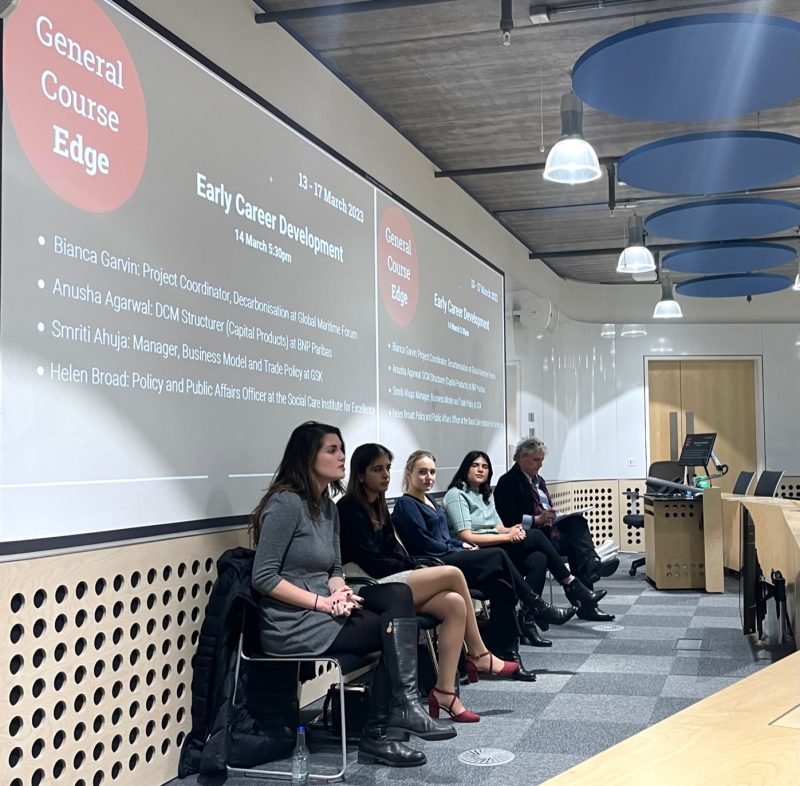
The Value of Connections
In some industries such as finance, networking is crucial. But it’s not just about the people we meet at the LSE, as we’re all just starting our careers. Studying at the LSE, living in London, and traveling around Europe expands our potential common ground with others. You could talk about your favorite comedy club at a networking event, or how the UK’s strikes have changed your understanding of politics at an interview.
Moreover, the connections we make in London don’t always have immediate use, nor should we always treat them as transactional. As Inaugural panellist Emily Carroll put it, “relationships are currency for a rainy day for when you want to pivot, or when a new opportunity comes up.”
These connections can come in to play when you least expect it. After doing the General Course from 2006-2007, Inaugural panellist Laurie Wang came to London during the 2008 financial crisis, when there was a scarcity of jobs in the U.S. She has lived here ever since and even found a partner in someone she met from the General Course. She’s built her career in the UK to become an an award-winning social media and digital marketing strategist.
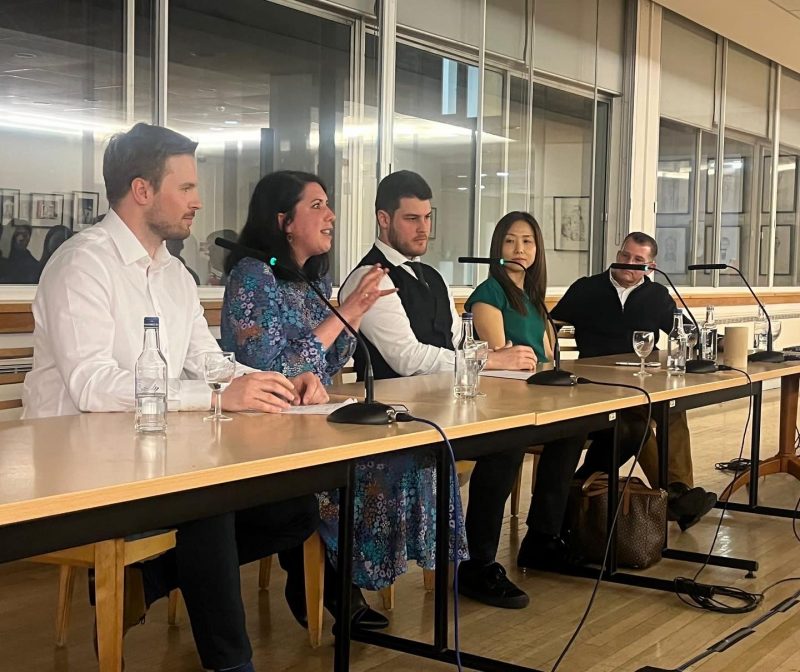
Pivots
Although LSE (and the UK education system in general) is quite pre-professional, the truth is that career paths are hardly ever linear. Laurie pivoted from banking to digital marketing. Smriti changed from government work to the pharmaceutical industry.
Early Career Development panellist Anusha Agarwal suggested the following questions to ask yourself when choosing a job: What do you like? What do you not like? What are you interested in? What are you not interested in? What is your passion?
You may not have the answer to these questions yet. It is alright to try to get any job at all after graduating and, as mentioned above, prioritize honing those transferable skills first. When you have developed a certain level of expertise, you may then experiment where your skills, interests, and passions intersect. Laurie said that making a change in career may take a leap of faith, but it leads to freedom.
The panellists also suggested the book, The Squiggly Career: The No.1 Sunday Times Business Bestseller – Ditch the Ladder, Discover Opportunity, Design Your Career.
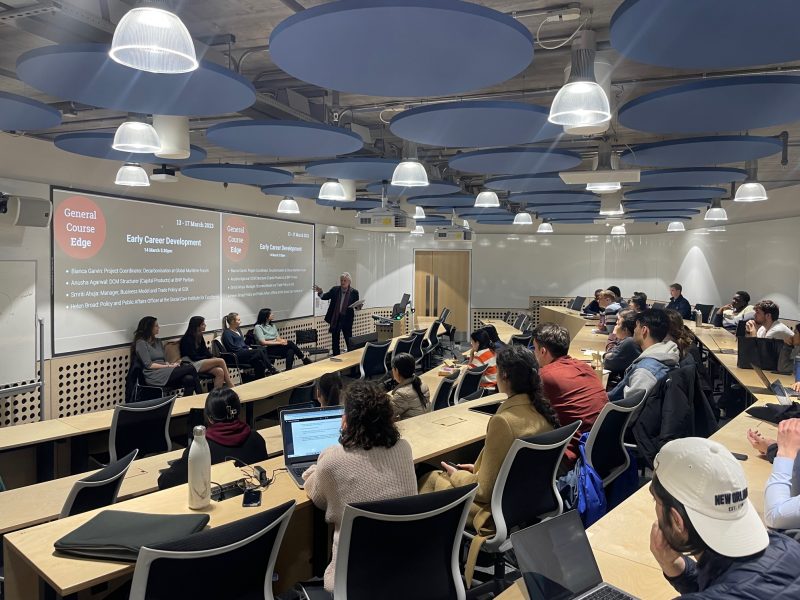
Soft Skills
Technical skills are teachable on the job. At the end of the day, the way to not be just another cookie cutter applicant is to build a personal bond with people. Despite being called a melting pot, America is actually quite small and bifurcated. Two-third of Americans don’t have a passport. But, with a global workforce and the rise of multinational corporations, having a diverse international background is becoming more of a necessity, rather than just a plus.
The panellists highlighted the following soft skills: adaptability, resilience, and the ability to lead in ambiguous situations. The confidence we gain from studying abroad undoubtedly translates to these skills.


